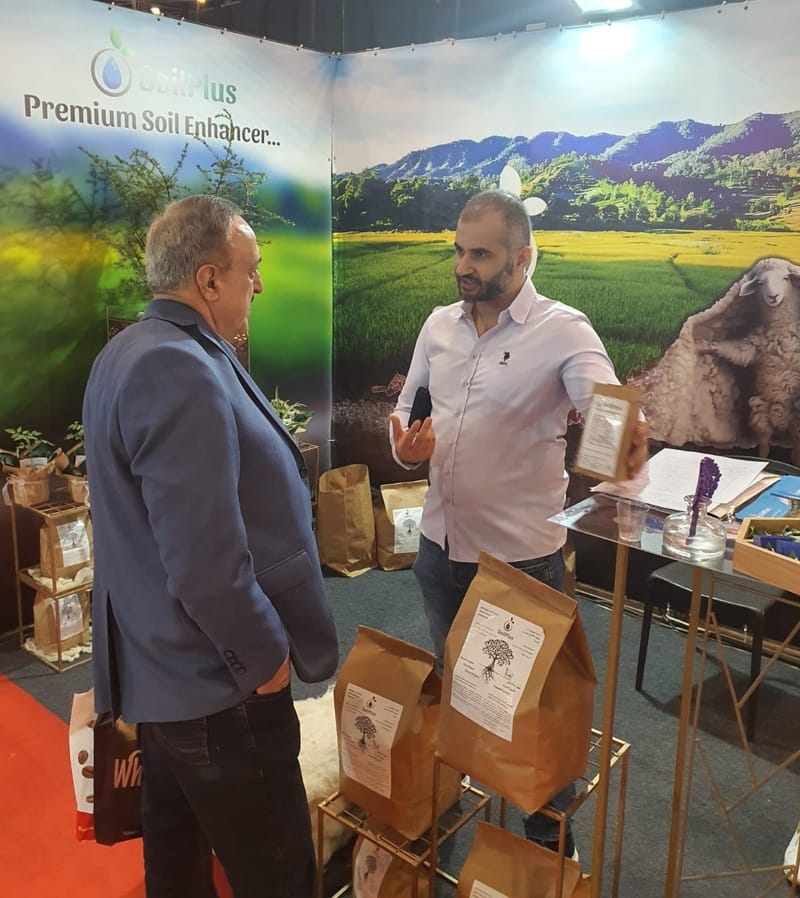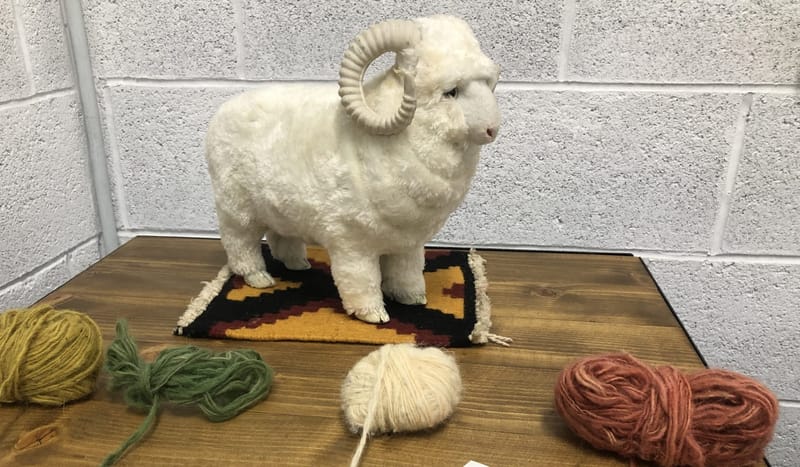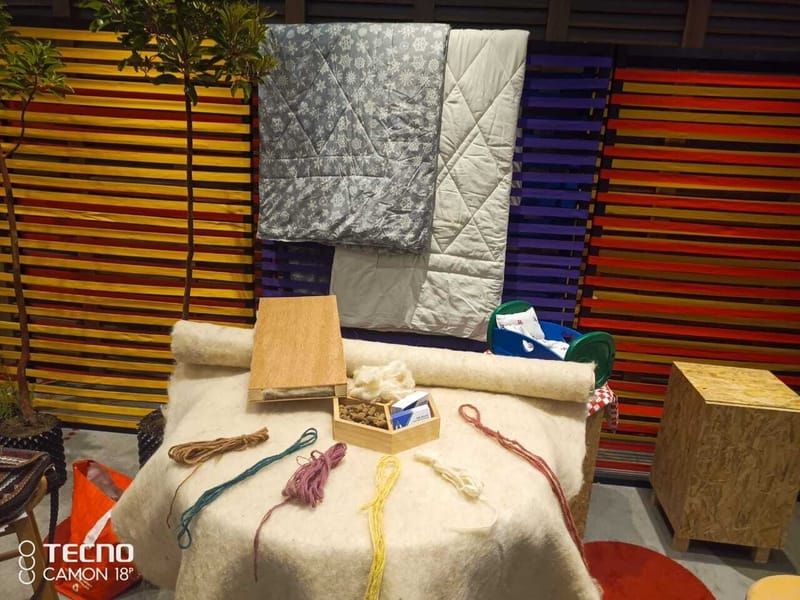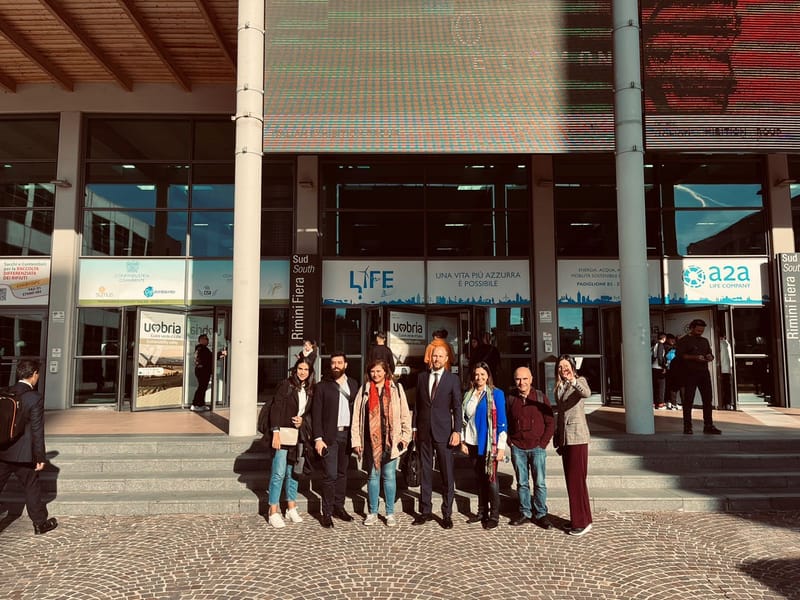Welcome to GRADE A PLUS
🌿 Sustainable Innovation for a Greener Future
🌱 Eco-Friendly | 💡 Innovative | 🔬 Research-Driven | 🌍 Sustainability-Focused
📌 Join us in our mission to build a cleaner and more sustainable future!
Our Mission
We believe in promoting sustainable living through the upcycling of sheep wool, providing products with added value to enhance your everyday life. Our products are 100% natural, eco-friendly, and high-quality, and we are committed to providing the best service to our customers.
Our Vision
To become the leading innovator in sustainable agriculture, construction, and furniture solutions by helping countries facing the challenge of sheep wool waste. Through upcycling and zero-waste production practices, we aim to promote sustainability, create new job opportunities, and drive global environmental impact, ensuring that sheep wool is transformed into valuable, eco-friendly products instead of being discarded.
Our Products
At Grade A Plus, we offer a range of products made from 100% raw sheep wool, each with its unique added value for our customers
News & Events
AgriTech Innovation Finalist 2024
GRADE A PLUS Selected Among Global Finalists in AgriTech4Egypt
Clyntech Immersion in Netherlands - 2024
Grade A Plus Joins Immersion Trip with Berytech & YES!Delft under Clyntech Program
Showcasing SoilPlus Innovation - 2024
Grade A Plus Engages Hundreds at Major 2024 Exhibitions
STAND Up! 2º Capitalization Event – Tunis 2023
From Lebanon to Tunisia: Our Voice in Sustainable Innovation
Med Waved Award - Spain 2022
The Mediterranean Sustainability Award aims to promote an inclusive transition to sustainability in the Mediterranean.
Cluster 4 Green Award - 2022
The creation of economic opportunities through the promotion and development of the Mediterranean circular economy is the essence of CLUSTER4GREEN
Fabric Aid - LEBANON 2022
Showcasing GRADE A PLUS at the Sweden–Lebanon Sustainable Fashion Event
Grid Exhibition - 2022
Held in Beirut, GRID 2022 brought together Lebanon’s most promising green entrepreneurs, startups, researchers, investors, and sustainability leaders, all under one roof.
GIMED AWARD - 2022
GRADE A PLUS was selected among only four startups in Lebanon to join the GIMED Program, led by Berytech and funded by the European Union under the ENI-CBC Med Programme.
Ecomomdo - 2022
Grade A Plus proudly participated in the Ecomondo Expo Rimini – SwitchMed Connect 2022, one of Europe’s leading events for green technologies and circular economy.
Stand up! Project – Berytech
Grade A Plus Wins Top Spot at STAND Up! Access to Finance Simulation
Our Team
Our team consists of experienced individuals who are dedicated to promoting sustainable living.
Nabil Khalouf
Execution ManagerNabil Khalouf, our proficient Execution Manager, meticulously oversees the operational facets of our business. With a keen eye for detail and strategic planning, Nabil ensures the seamless execution of our initiatives.
Jocelyne Saade
Business Development and Funding SpecialistJocelyne Saade, our Business Development and Funding Specialist, leads our business development initiatives. Specializing in research, development, and procurement, Jocelyne is passionate about sustainable practices. She represents the company in funding programs, exhibitions, and collaborative ventures, forging key partnerships and securing opportunities for Grade A Plus.
Naji Flitti
Workshop SupervisorNaji Flitti, our adept Workshop Supervisor, is entrusted with maintaining the highest quality standards of our products. With a wealth of experience, Naji guarantees that every Grade A Plus item meets our stringent quality benchmarks.
Get In Touch
- Aarsal, Lebanon
- Find us : 5CWQ+X6 Aarsal
- +961-81465665
- info@gradeaplus.net
- Mon-Fri - 08:00-17:00
If you have any inquiries or would like to place an order, please feel free to contact us. We are always happy to hear from our customers and are committed to providing the best service. Click the icons below to follow or contact us










